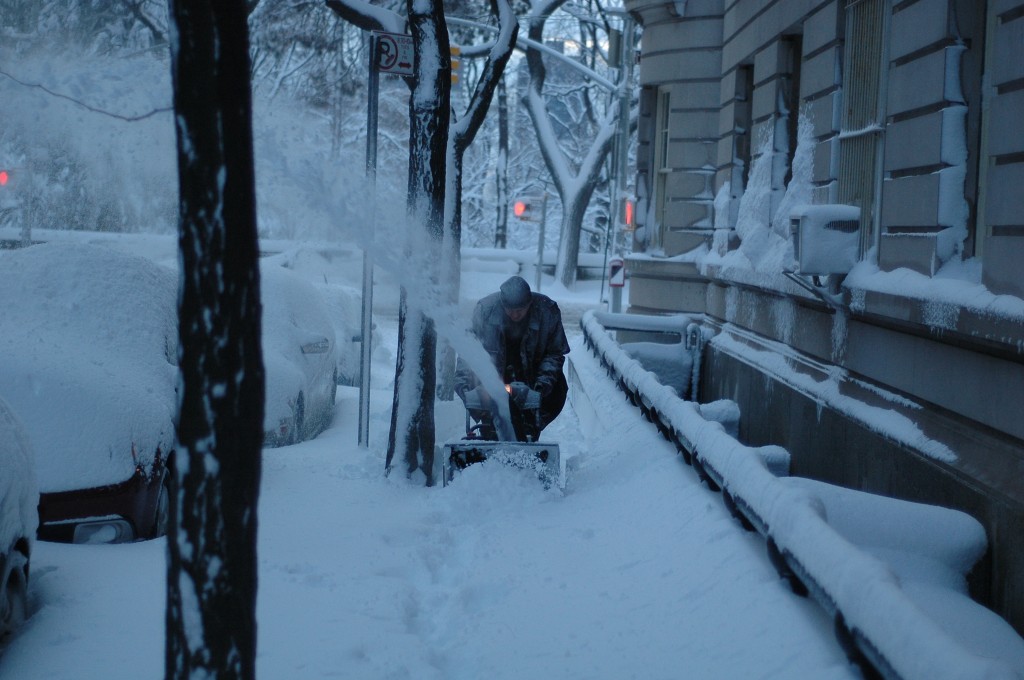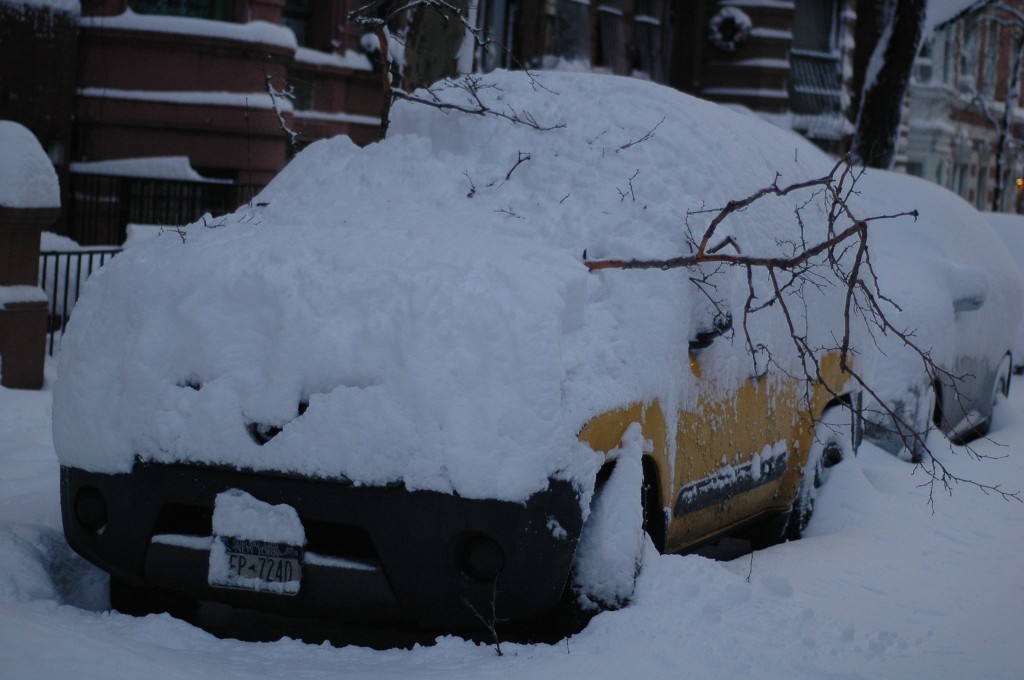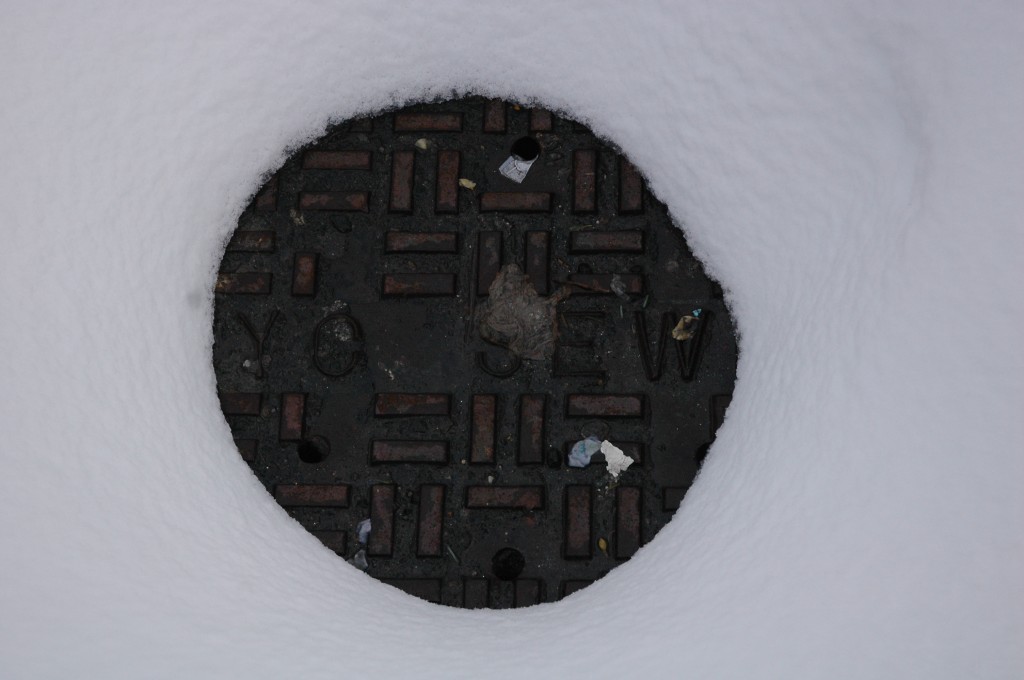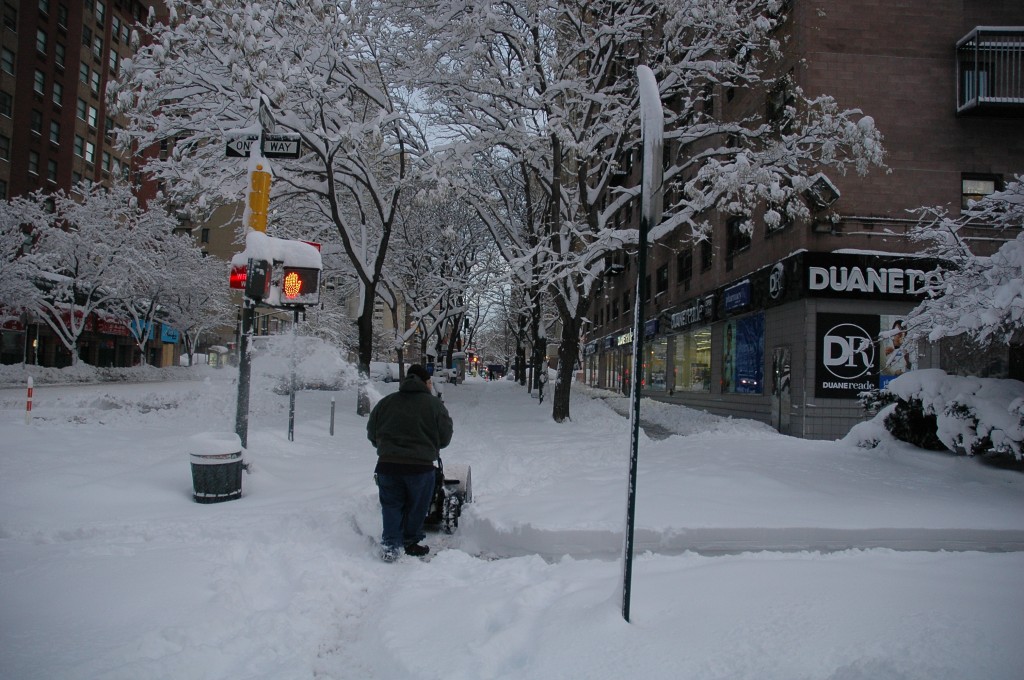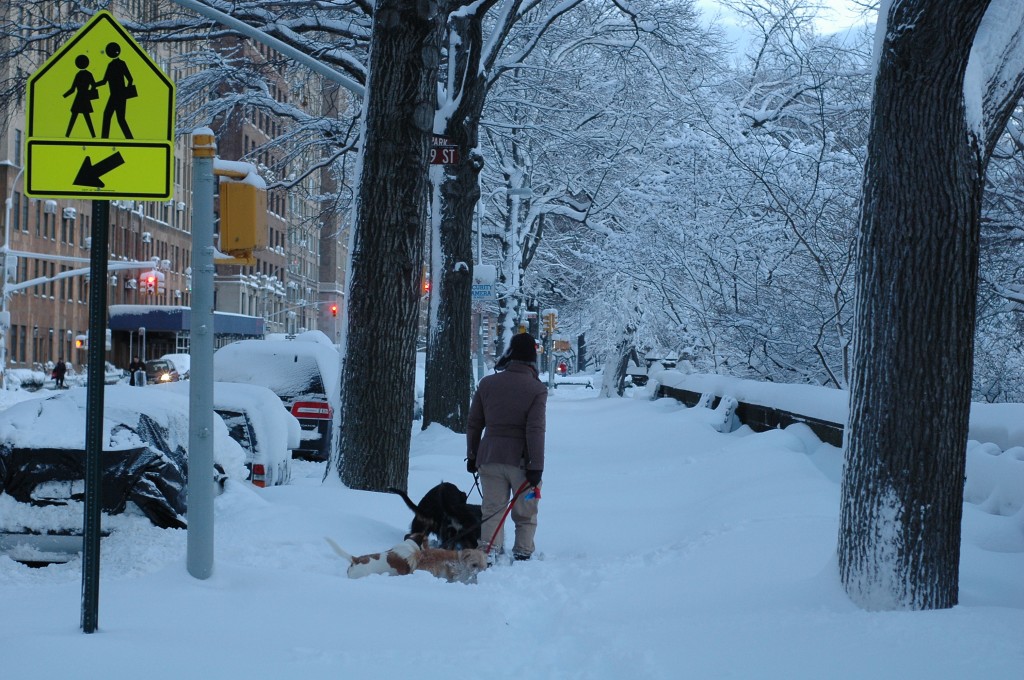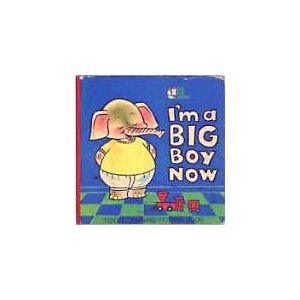So, as promised, I am going to deliver the shocking report on Israeli parenting…actually, I’m not. I had dinner with an Israeli family–mom, dad, and two-year-old boy–but they were all American-born, American-speaking, and they lived in an ultra-orthodox neighborhood that was almost entirely made up of Americans who come to Israel for a few years to study the Torah and then return home.
A lot can be said about that last notion, but more likely in another context. As for this particular family, they intend to stay, and actually just took Israeli citizenship, but in most ways they haven’t yet really integrated into the society here. For example, their son is in daycare now, learning in English, and won’t start studying Hebrew until next year. Nothing wrong with that, just gives a sense of their still having to adjust.
So what do I have? I have my near-bad manners. My hotel is a cheap but clean (describes me to a tee) little guesthouse in the Muslim Quarter of Jerusalem’s Old City. There’s much to say about that, too, in other contexts, but for now, just know that I was in this part of Jerusalem and that I wanted to bring my hosts, whom I had never met, a small gift. I thought of buying some wine, but the kosher wine shop in the Jewish Quarter (five minute walk from the Muslim Quarter) was closed, and besides, I wasn’t sure if they drink, and I also thought that bringing gifts a child might like could help make meeting new people easier. I decided, then, to buy some of the amazing Middle Eastern pastries sold all over the city, but in particular at a busy Muslim sweet shop a few doors down from my hotel.
I had the proprietor put together a beautiful array of sweets (the only one I recognized by name was baklava), which he then wrapped quite nicely for me, and I was on my way. And then I stopped. The wrapping had the name of the store on it–in Arabic. For those of you who aren’t aware of it, ultra-orthodox Jews are, by and large, not fans of Muslims. I don’t mean to paint an entire category of religious people with one brush, but again, it’s generally true.
But the sweets were so expensive, and more, they were gorgeous–dripping with honey, covered in pistachios, fragrant of things that I probably would recognize from the Bible–and I wanted to try them myself. I discarded the wrapping and hopped in a taxi.
The neighborhood that the family lives in is a primary example of Jerusalem weirdness–Soviet-inspired block housing, made from imitation Jerusalem sandstone, all signs in Hebrew, with the numbers of each building spraypainted on in roman characters. Everyone walking around wore traditional haredi garb, which means plain black suits, black hat, and beards for the men, with the fringes of their religious undergarments–talit–draped over the hem of their pants. There were almost no women on the street at this time, but those that were, dressed “modestly” in long skirts, heads covered. Again, though, these were almost entirely Americans, chatting on cellphones and bitching about the Jets.
I noticed at that point that each of my sweets was in its own delicate paper wrapper. Lovely. For some reason, though, I decided to look underneath the container, which was when I saw that each wrapper had been stamped–again in Arabic–with the name of the store, and what I believe said, open since 2000.
This was a dilemma. Again, I am not so high-minded about other people’s sensitivities that it never occurred to me just brazen through and bring the sweets. They looked that good and I hadn’t eaten much that day (which I somehow managed to spend in the Knesset, the Israeli parliament, pretending I was Nathan). But I knew that whatever the sensibilities of these people, I would at best be starting the evening out with a minor insult, and at worst, a scandal.
With enormous regret I chucked the box of sweets in the garbage. I felt so sad, and I don’t really know why. I mean my cabdriver on the way, a garrulous Palestinian with a story at each street corner, had told me that I, America, and the entire West, actually, was like a man standing a fault line before an earthquake–“the world is going to swallow you whole.”
But I knew I had failed in some way, and worse, I think I felt like Charlie from Willie Wonka and the Chocolate Factory standing on the street in the snow watching someone eat a chocolate bar he can’t afford (please don’t analyze my analogies closely–they tend to crumble). Somewhere in Jerusalem at that very moment a happy person would be enjoying such lush treats and thinking haughty thoughts about foolish Americans.
I wandered around the neighborhood until I found a bakery and I bought what looked liked a spiced and sugary cake with nuts. I presented it to the family–lovely, smart, people living a life that is hard for me to comprehend–and we ate it over tea after their little boy fell asleep.
Pecan and chocolate chip.

